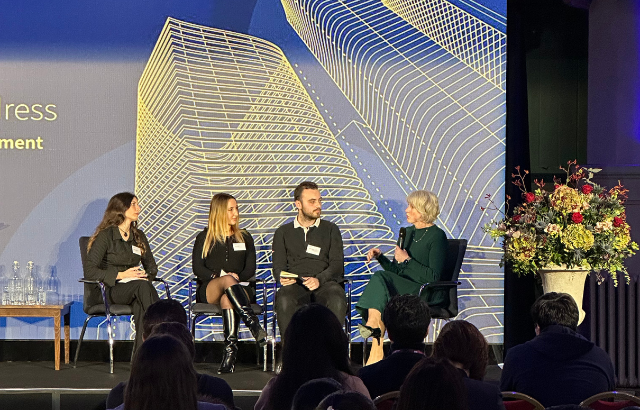
Seas remain a battleground when it comes to politics and business
In Capitalism and the Sea, co-authored by Professor Liam Campling, Professor of International Business and Development at Queen Mary, the consequences that the sea has for capitalist development are explored.
Rethinking the sea
For centuries the global ocean has served as a trade route, strategic space, fish bank and supply chain for the modern capitalist economy. The book, published by Verso, offers an opportunity to rethink how the sea has shaped modernity but has also been affected by it. Recent discussions on climate shows how the seas are major dumping grounds for heat and pollution, as well as reminded people of the pivotal role they played in the slave trade.
The work also highlights the politicised nature of the sea. Current debates concerning fishing rights as part of the EU-UK Trade and Cooperation Agreement, as well as discussions around piracy and international waters and slave-like working conditions on fishing boats, exemplify this. The authors analyse these, and other sea-related phenomena, through a historical and geographical lens.
Consequences for capitalism
In successive chapters dealing with the political economy, ecology and geopolitics of the sea, the authors argue that the earth’s geographical separation into land and sea has significant consequences for capitalist development. They argue that the sea continues to be a source of power, engendering new alignments of sovereignty, exploitation and appropriation.
Professor Liam Campling said: “Our seas are often neglected, both in terms of the environment and the significance they represent for international relations, as well as a place of work for millions of seafarers and fishers.
“This research highlights that the seas remain a battleground when it comes to politics and business, and the recent wrangling over fishing rights post-Brexit serve as a reminder that this is not set to change any time soon.”
More information



